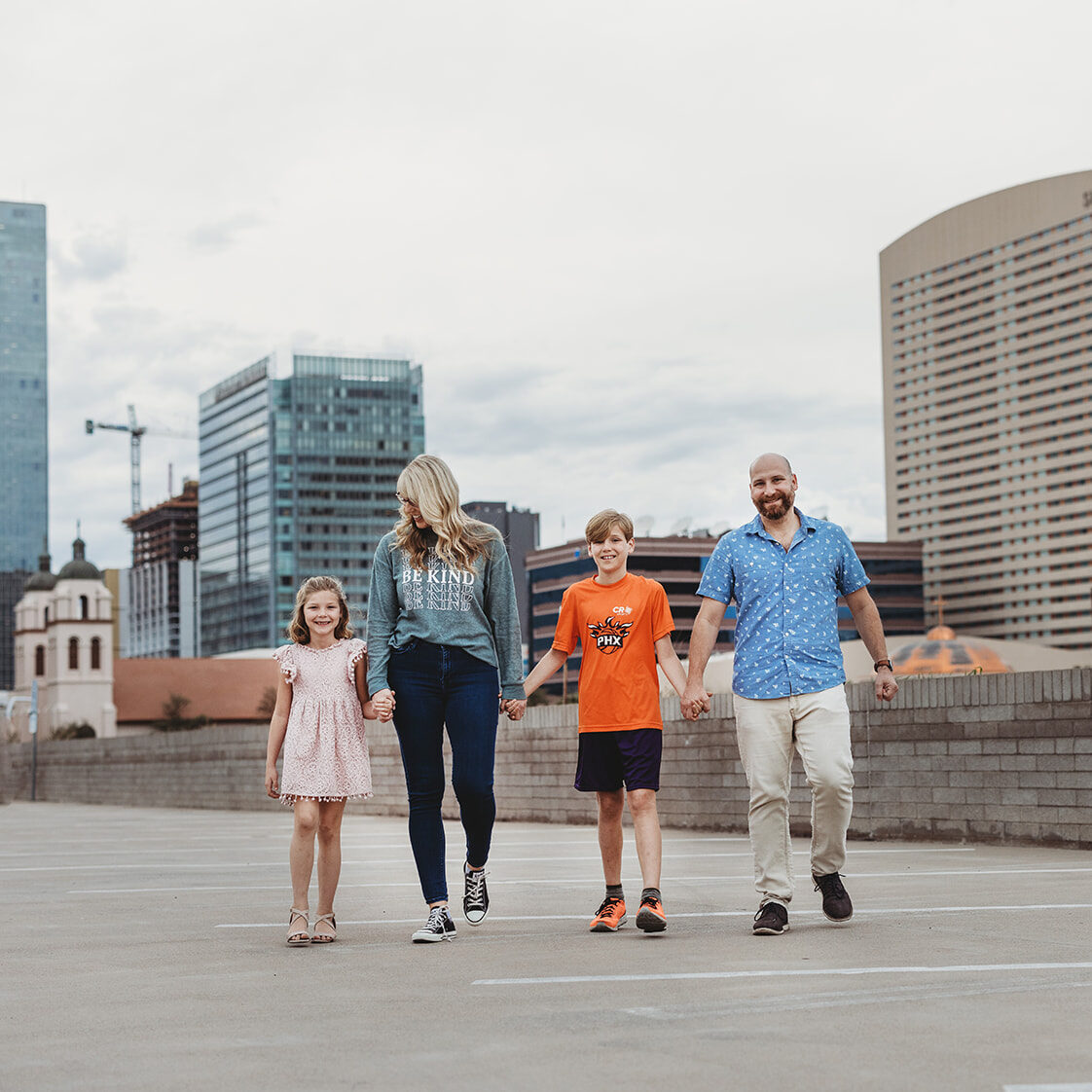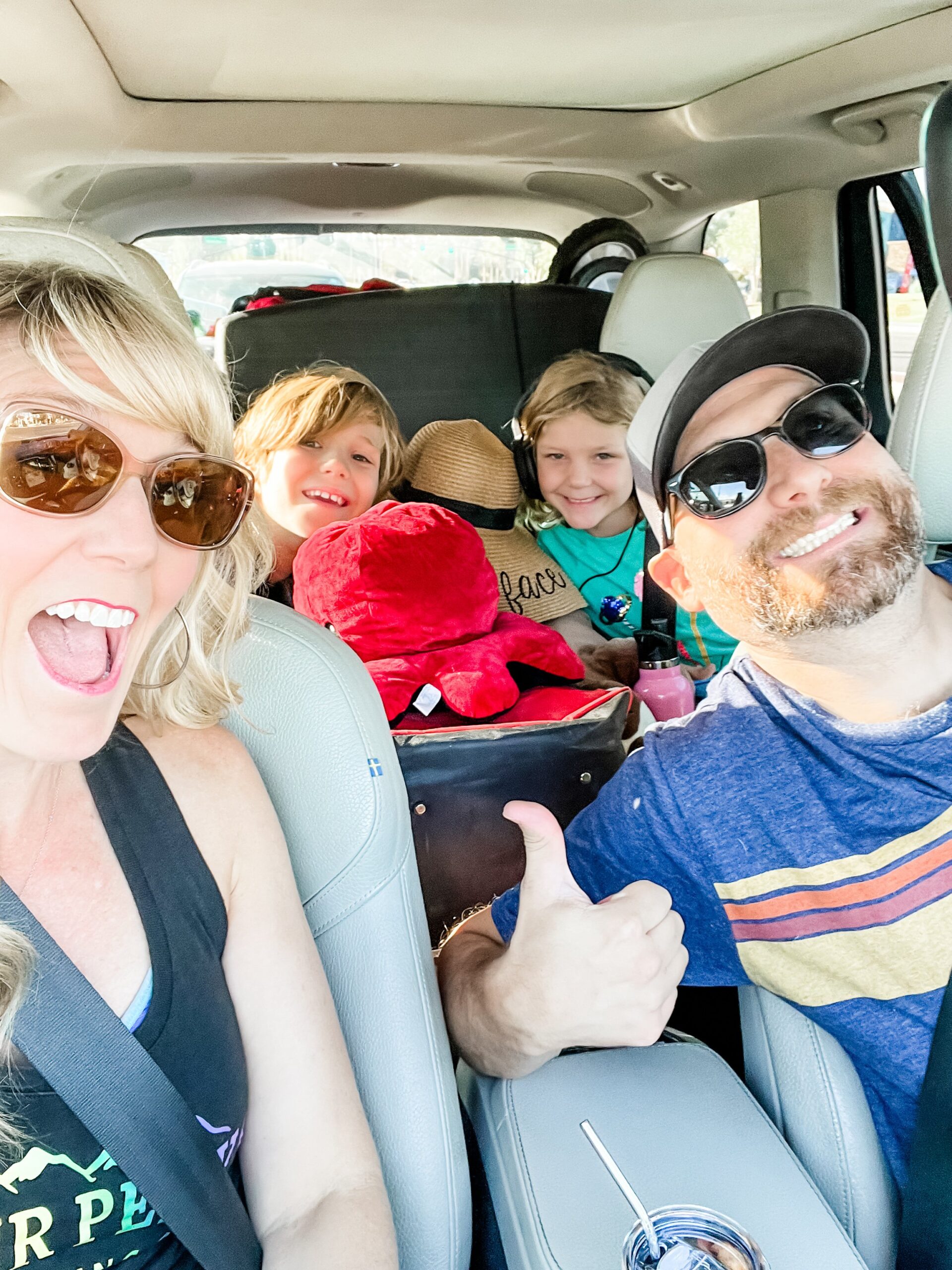Life’s mishaps can be the best catalysts for important conversations with our kids.
As we crossed the border into Mexico for our Fall Break trip we were pulled over by Border Patrol and asked for our registration.
At first, Pete and I were confused as we remembered getting the sticker in the mail months ago.
We quickly realized however, that during an incredibly stressful week where we had moved into my brother and sister-in-law’s house so our floors could be replaced, both our cars broke down, and our AC quit on us, my husband had put the sticker on the OTHER Volvo. EEK!
Naturally, I handled this information with poise and grace! BAHAHAHA!!
Border Patrol directed us to turn around and go back to the United States where hopefully we would be able to find proof of registration.
I huffed and puffed and made unhelpful comments as we drove back to the other side of the border.
-
“I can’t believe this is happening!”
-
“Why don’t you at least have the paperwork in the glove compartment?!”
-
“What if we can’t find proof?!
-
What if the proof has to be printed?!”
-
“OMG!!!”
An ACTUAL Illustration of My Attitude
No thanks to me, my husband found proof of registration online and we successfully crossed the border, only losing 30 minutes of travel time.
As soon as my central nervous system regulated, I realized that not only did I have a repair to make with my husband, but I also had a repair to make with my kids.
I was determined to turn my less-than-stellar performance into a lesson and an opportunity to connect with my family.
I started with an apology.
Then, I described to the kids exactly what I had done that had been unkind and unhelpful:
-
“I was blaming your dad and making him feel worse about a situation that he already felt badly about. That is not kind.”
-
“I raised my voice, which added to everyone’s stress, and stress makes it more difficult for us to problem-solve.”
-
“I complained versus trying to assist.”
Lastly, we brainstormed together how I could’ve responded in a way that would’ve been more fruitful:
-
“I know how stressful that week was, and it’s understandable how this got missed.”
-
“Don’t worry, we’ll figure this out together.”
-
“How can I help?”
Having this conversation shifted the energy in the car the rest of the way to our destination.
Repaired, Regulated, and Reconnected
Since that trip, I’ve been thinking about 2 things:
-
As important as it is to make repairs with our kids when we’ve hurt them, it’s just as valuable for kids to see us make repairs with partners/spouses/other adults in our lives. Allowing them to see us model this behavior in all our relationships will emphasize to them the importance of giving and receiving forgiveness in all their relationships.
-
As we try to teach our kids that no one is perfect AND that they are loveable even when they make mistakes, we must willingly admit our missteps without shaming ourselves and then model how we intend to grow and learn from them.
Here’s to embracing our imperfections without judgment, teaching our kids the healing nature of love and forgiveness, and always looking for opportunities to grow, regardless of age!



Be the first to comment